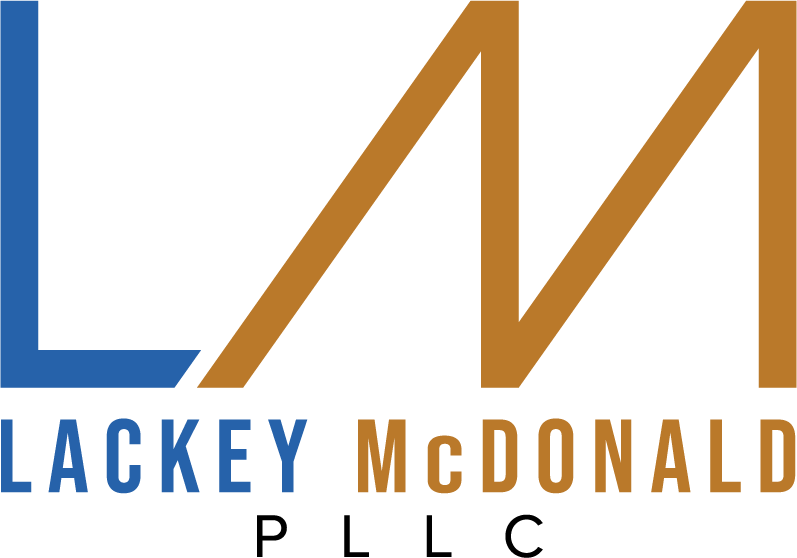When it comes to securing a loan with real estate, ensuring that all documentation is meticulously prepared isn't just a formality—it's a necessity. Banks, lenders, loan officers, private equity firms, real estate investors, and investment bankers must be well-versed in the essentials of these documents to safeguard their interests and maintain compliance.
Key Documents in Real Estate Loan Preparation
1. Deed of Trust
The Deed of Trust is a critical document in real estate loans that involves three parties:
- Borrower (Trustor): The individual or entity receiving the loan.
- Lender (Beneficiary): The party providing the loan.
- Trustee: An independent third party holding the title until the loan is paid off.
This document serves as a security instrument by placing the property title in trust, ensuring that the lender can foreclose if the borrower defaults.
2. Loan Agreement
A Loan Agreement outlines the terms and conditions of the loan. It typically includes:
- Loan Amount: The principal sum borrowed.
- Interest Rate: Fixed or variable rates agreed upon.
- Repayment Terms: Schedule and method of repayment.
- Covenants: Obligations and restrictions on the borrower.
This document provides clarity and legally binds both parties to the agreed terms.
3. Security Agreement
While often associated with personal property, Security Agreements can also apply to real estate transactions. They detail the collateral that secures the loan, providing the lender with a legal claim over the property in case of default.
4. Promissory Note
A Promissory Note is the borrower's written promise to repay the loan. It includes key details such as:
- Principal Amount
- Interest Rate
- Maturity Date
- Payment Schedule
This note is crucial for enforcing repayment.
5. Title Insurance
Title Insurance protects the lender (and sometimes the borrower) from potential claims against the property title. It ensures that the property is free from liens, encumbrances, or legal issues that could affect ownership and the loan's security.
6. Environmental Assessments
For commercial real estate, environmental assessments might be required to ensure the property complies with environmental laws and regulations. This reduces the risk of future liabilities for contamination or hazardous materials.
Importance of Proper Documentation
Legal Compliance
Adhering to state and federal laws is paramount. Proper documentation ensures compliance, reducing the risk of legal complications.
Protecting Interests
Thoroughly prepared documents safeguard both the lender's and borrower's interests. They provide legal recourse in case of default and ensure that the terms are transparent and enforceable.
Financial Security
For lenders, real estate-secured loans represent a significant investment. Proper documentation minimizes risk, ensures the enforceability of the loan, and adds a layer of security to the investment.
Due Diligence
Accurate and detailed loan documents reflect the due diligence performed by the lender. This builds trust with borrowers and sets clear expectations for the loan's lifecycle.
Conclusion
In the realm of real estate loans, the preparation of key documents such as the Deed of Trust, Loan Agreement, Security Agreement, and others is not just procedural but foundational. Ensuring accuracy and compliance in these documents protects all parties involved and upholds the integrity of the transaction.
For expert assistance in preparing your real estate loan documents, or to learn more about safeguarding your investments, contact our team today. Secure your future with precision and confidence.

